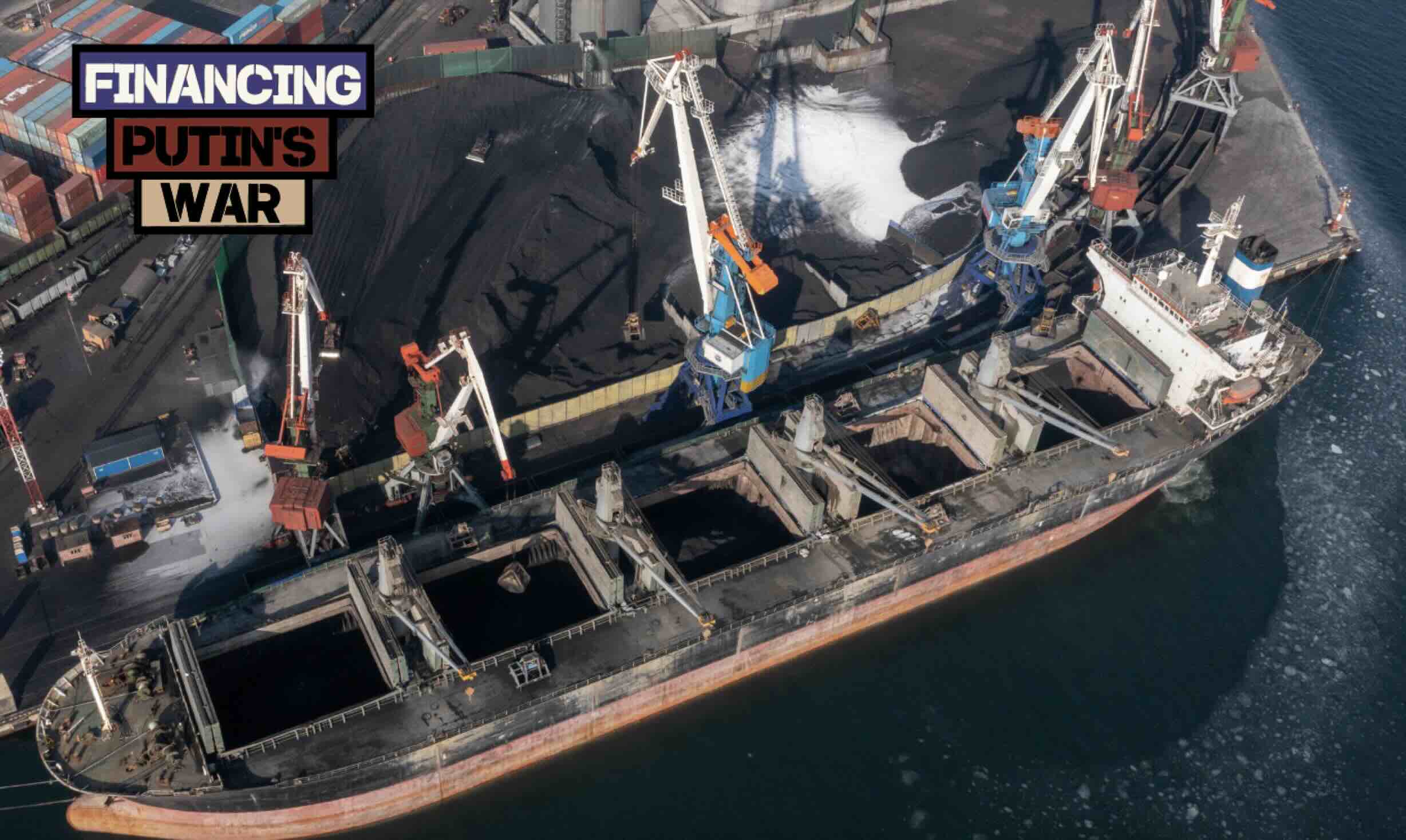In the event of an accident, the radioactive contamination could be catastrophic. Keep nuke plant going to fight climate change in Wisconsin · Editorial
RELATED:


The recent proposal to extend the license of Wisconsin’s Point Beach nuclear reactor for 20 more years is bad for the health of Wisconsin residents.
The two Point Beach nuclear reactors in Manitowoc County began operating in 1970 and 1972. The licenses are due to expire in 2030 and 2033, and the extension of these licenses would extend the life of these aging reactors to nearly 80 years. Nuclear energy is not a “carbon free” source of electricity because it is fraught with problems related to radioactive waste and pollution, safety, environmental justice and extraordinary costs. Wisconsin could replace the equivalent energy output of these reactors through renewables and conservation.
Because of radiation, nuclear energy is a dangerous and expensive way to boil water, produce steam, and drive a turbine that powers electric generators.
The fuel used for this process is uranium.
Mining uranium requires fossil fuels to extract and process it.
These mines and processing mills are disproportionately found in communities of color and indigenous peoples' lands, which contribute to increased rates of birth defects, cancers and other diseases.
Radioactive waste continues to be generated by each reactor. Currently, this highly radioactive waste is stored in pools or outdoors in dry casks. (The United States doesn’t have a permanent repository for this waste, and it’s vulnerable to a terrorist strike.) It will remain hazardous to humans for thousands of years. Three major nuclear accidents (Russia in 1957; Chernobyl, Ukraine, in 1987; and Fukushima, Japan, in 2011) have made the surrounding land uninhabitable for up to 20,000 years.
(continue)


.jpg)


